- Your cart is empty
- Continue Shopping
Sita OD 100mg Tablet
Product Introduction
Sita OD 100mg Tablet is an antidiabetic medicine used for the management of type 2 diabetes mellitus. It helps control blood sugar levels when lifestyle changes (diet and exercise) or other medicines alone are not sufficient. By keeping blood sugar levels under control, it reduces the risk of serious diabetes-related complications such as kidney damage, nerve problems, blindness, and heart disease.
Sita OD 100mg Tablet may be prescribed alone or in combination with other antidiabetic medicines. It can be taken with or without food, preferably at the same time each day, to ensure maximum benefit.
Uses of Sita OD Tablet
Treatment of Type 2 Diabetes Mellitus
Benefits of Sita OD Tablet
Helps lower fasting and post-meal blood sugar levels
Works by increasing insulin release and reducing sugar production in the liver
Helps reduce the risk of long-term diabetes complications
Improves blood sugar control when diet and exercise alone are not enough
Side Effects of Sita OD Tablet
Most side effects are mild and temporary. Consult your doctor if they persist or cause concern.
Common side effects include:
Headache
Nasopharyngitis (sore throat, cold, or cough)
Hypoglycemia (low blood sugar), especially if combined with insulin or sulfonylureas
How to Use Sita OD Tablet
Take the medicine as prescribed by your doctor
Swallow whole with water; do not chew, crush, or break
May be taken with or without food, but at a fixed time daily
How Sita OD Tablet Works
Sita OD 100mg Tablet is a DPP-4 inhibitor (antidiabetic medication).
It increases insulin secretion from the pancreas
It reduces hormones that raise blood glucose
This helps lower both fasting and post-meal sugar levels effectively
Safety Advice
Alcohol: Unsafe. Can increase the risk of low blood sugar.
Pregnancy: Consult your doctor before use.
Breastfeeding: Not recommended; may pass into breast milk.
Driving: Use caution; low or high blood sugar may affect driving ability.
Kidney: Use with caution in severe kidney disease; dose adjustment may be required.
Liver: Generally safe in mild to moderate liver disease, but not recommended in severe hepatic impairment.
✅ Note: Regular monitoring of blood sugar and kidney function tests may be required during treatment. Lifestyle changes (healthy diet & regular exercise) remain essential for the best outcomes.




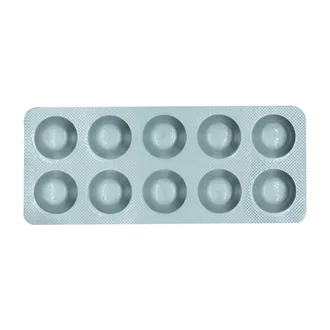

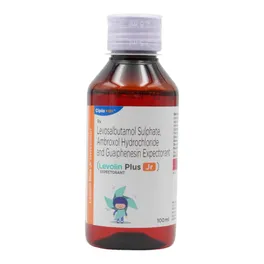
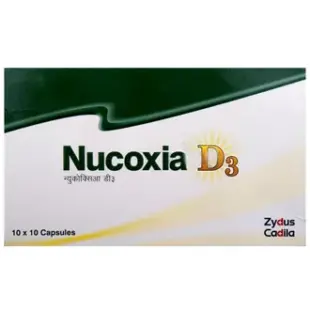
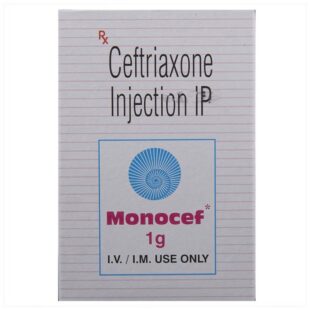
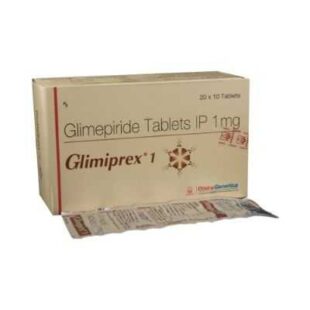
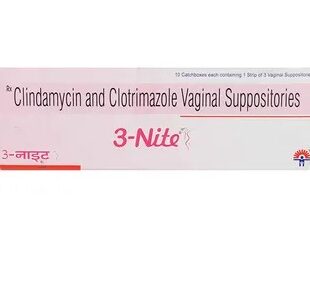
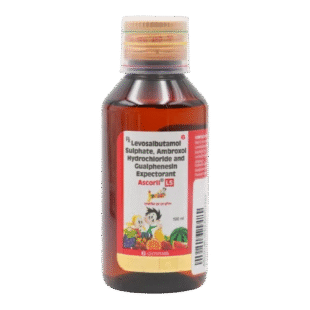
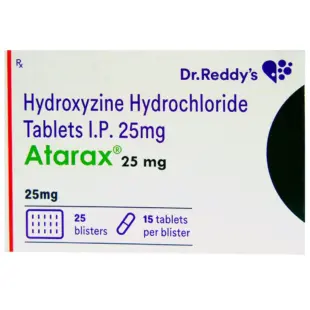
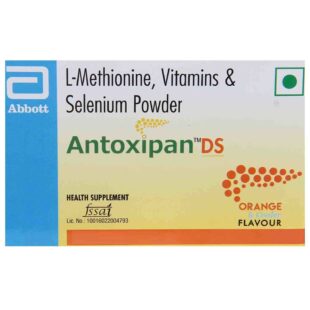
Reviews
There are no reviews yet.